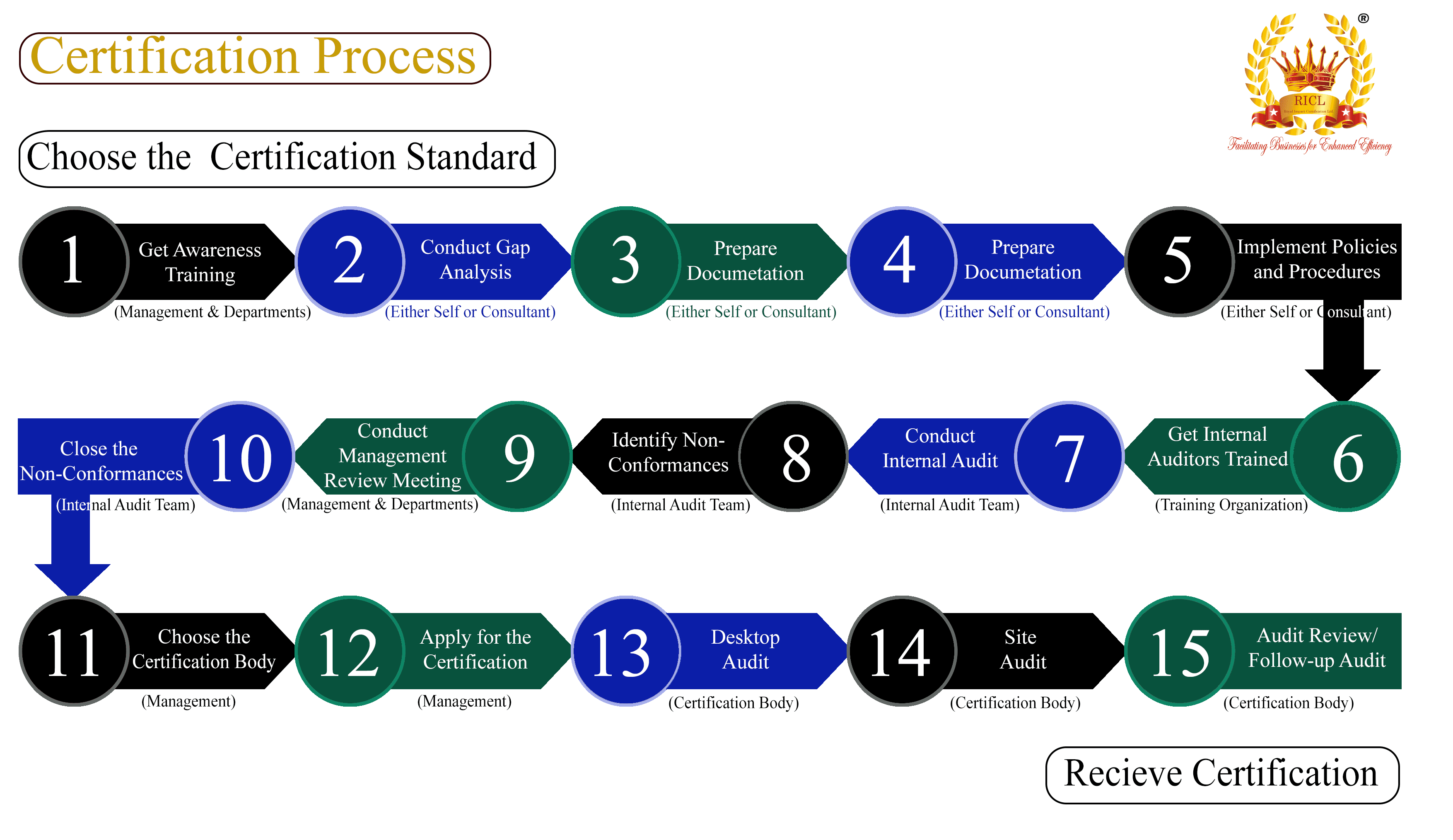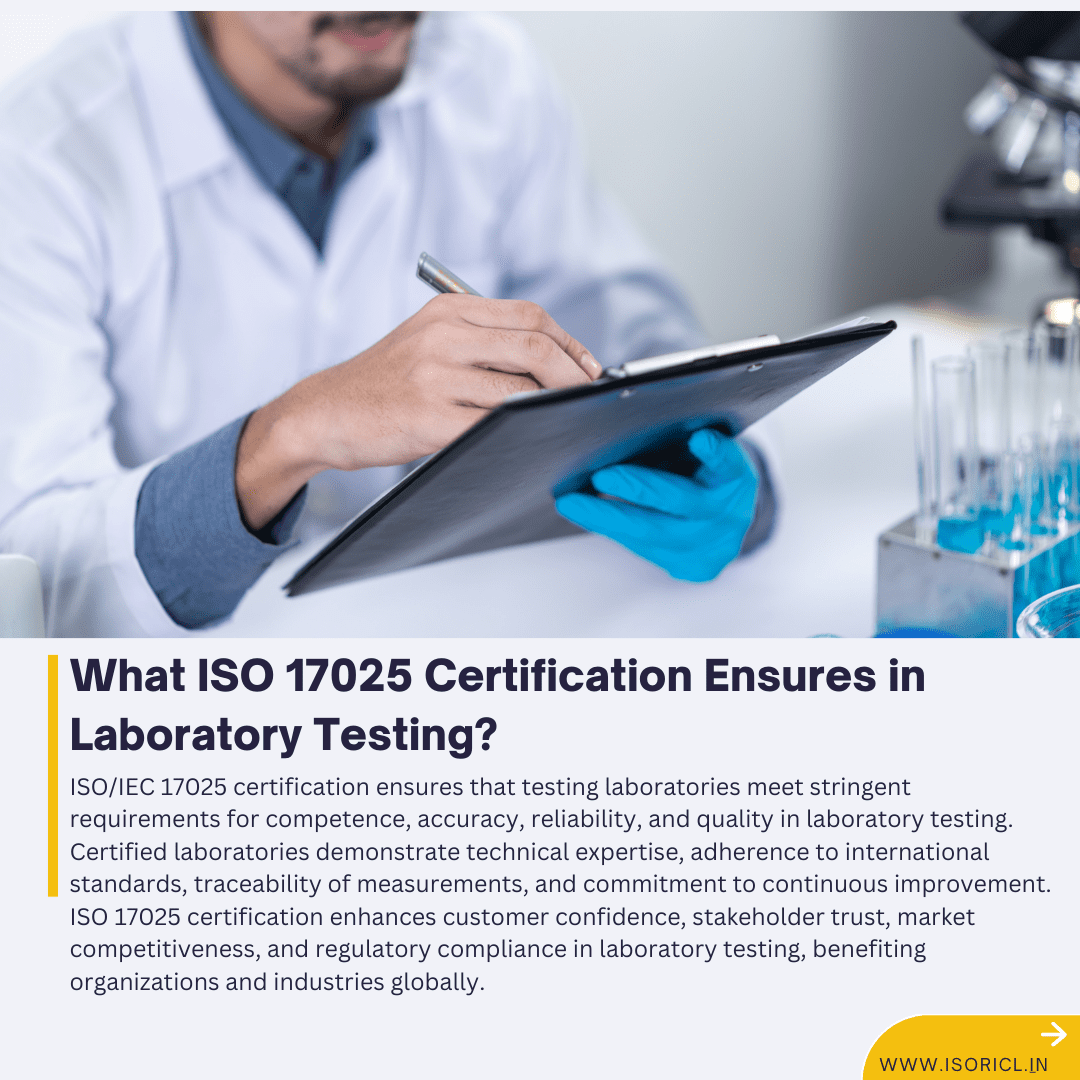
Chemical Industry
The chemical industry is a critical sector that involves the production and manufacturing of chemical substances. This industry plays a vital role in various aspects of modern economies, providing materials and chemicals essential for agriculture, pharmaceuticals, energy, construction, manufacturing, and more.
The chemical industry is a critical sector that involves the production and manufacturing of chemical substances. This industry plays a vital role in various aspects of modern economies, providing materials and chemicals essential for agriculture, pharmaceuticals, energy, construction, manufacturing, and more. The diversity of products ranges from basic chemicals like acids and alkalis to more complex formulations used in products such as detergents, plastics, and pharmaceuticals.
Importance of ISO Certification in the Chemical Industry
ISO certification in the chemical industry signifies compliance with internationally recognized standards that cover various aspects of production, quality control, environmental management, and safety. These certifications are crucial for ensuring that chemical products are produced safely, efficiently, and under environmentally sustainable practices. Common ISO standards relevant to the chemical industry include:
ISO 9001: Quality Management Systems
This standard helps companies to ensure their products meet customer and regulatory requirements consistently, enhancing customer satisfaction.
ISO 14001: Environmental Management Systems
Given the potential environmental impact of chemical production, ISO 14001 helps companies minimize their ecological footprint by managing the environmental aspects of their operations effectively.
ISO 45001: Occupational Health and Safety
Chemical manufacturing can pose significant risks to workers; hence, ISO 45001 is crucial for enhancing occupational health and safety management systems, thereby reducing workplace hazards and boosting employee safety.
ISO 22000: Food Safety Management
For chemical companies involved in the production of food additives or packaging, ISO 22000 ensures the safety of chemical products as they pertain to food safety.

Benefits of ISO Certification for the Telecommunication Industry
Enhanced Quality of Service: ISO standards help in defining clear procedures for all operational processes, which enhances the efficiency and reliability of services provided by telecommunication companies.
Increased Customer Satisfaction: By ensuring consistent service quality and managing customer data securely, companies can build stronger relationships with customers and enhance their trust in the brand.
Regulatory Compliance: Adhering to international standards helps telecommunication companies meet legal and regulatory requirements, reducing the risk of penalties and legal issues.
Market Competitiveness: ISO certification can be a significant differentiator in the competitive telecommunication market, signaling to customers and partners that the company adheres to globally recognized standards.
Risk Management: Through standards like ISO 27001 and ISO 22301, companies can better identify potential risks to their operations and implement effective mitigation strategies.
[formsapp id=”662f63f6c4dd546c9916c3db”]
Related Standards
The Telecommunication industry is governed by several ISO standards that help ensure quality, safety, security, environmental responsibility, and overall efficiency. Here are some key ISO standards related to the industry:
LATEST BLOGS
ISO 10002 Enhancing Customer Satisfaction and Complaint Handing Introduction ISO 10002 is an international standard that provides guidelines for the process of …
Who benefits from ISO 50001 Certification for energy performance? ISO 50001 Certification for energy performance benefits a wide range of stakeholders, including …
What ISO 17025 Certification ensures in Laboratory testing? ISO 17025 Certification ensures a high standard of competence and reliability in laboratory testing …







